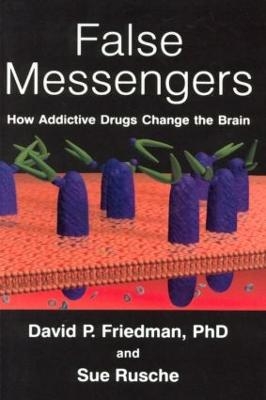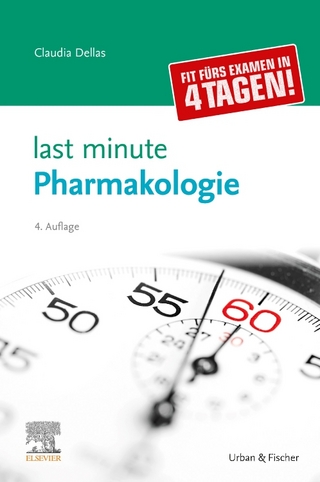
False Messengers
How Addictive Drugs Change the Brain
Seiten
1999
Taylor & Francis Ltd (Verlag)
978-90-5702-515-0 (ISBN)
Taylor & Francis Ltd (Verlag)
978-90-5702-515-0 (ISBN)
- Titel ist leider vergriffen;
keine Neuauflage - Artikel merken
Mind-altering drugs alter the brain's chemistry. This work uses salient graphics and real-life anecdotes to who how addictive drugs change the brain. Complex mechanisms of drug action in the brain are made simple.
This book provides a scientific explanation of drug abuse and addiction for the general public. It clarifies the meaning of concepts such as intoxication, physical dependence, and addiction, and describes the changes in the brain that underlie these states. Indeed, this volume is unique because it presents a comprehensive picture of what actually happens to people and their brains when they chronically self-administer opiates, stimulants or alcohol. Complex mechanisms of drug action in the brain are made simple and comprehensible to the layman through use of informative analogies and salient graphics. Accounts of the effects of drug use and abuse on normal people create meaningful, easy-to-relate-to examples from everyday life.
This book provides a scientific explanation of drug abuse and addiction for the general public. It clarifies the meaning of concepts such as intoxication, physical dependence, and addiction, and describes the changes in the brain that underlie these states. Indeed, this volume is unique because it presents a comprehensive picture of what actually happens to people and their brains when they chronically self-administer opiates, stimulants or alcohol. Complex mechanisms of drug action in the brain are made simple and comprehensible to the layman through use of informative analogies and salient graphics. Accounts of the effects of drug use and abuse on normal people create meaningful, easy-to-relate-to examples from everyday life.
1. Your Brain, Your Mind - Your Choice 2. Current Drug Users - Future Addicts? 3. How the Brain Is Organized 4. How the Parts of the Brain Communicate with Each Other 5. How Addictive Drugs Change the Way Neurons Communicate 6. How Drugs Get Into the Brain - and Out Again 7. Drugs Tell the Brain to Take More Drugs 8. How Drugs Change the Brain to Produce Intoxication, Tolerance, Sensitization, Physical Dependence, and Withdrawal 9. How Drugs Change the Brain to Produce Psychological Dependence, Craving, and Addiction 10. Intervention and Treatment 11. Therapeutic Use of Addictive Drugs: How Can a Bad Drug Be Good? 12. Summing It All Up
| Erscheint lt. Verlag | 21.9.1999 |
|---|---|
| Verlagsort | London |
| Sprache | englisch |
| Maße | 156 x 234 mm |
| Gewicht | 408 g |
| Themenwelt | Studium ► 2. Studienabschnitt (Klinik) ► Pharmakologie / Toxikologie |
| Sozialwissenschaften ► Soziologie | |
| ISBN-10 | 90-5702-515-9 / 9057025159 |
| ISBN-13 | 978-90-5702-515-0 / 9789057025150 |
| Zustand | Neuware |
| Haben Sie eine Frage zum Produkt? |
Mehr entdecken
aus dem Bereich
aus dem Bereich
Buch | Hardcover (2024)
Thomas Karow (Verlag)
57,80 €
Buch | Hardcover (2022)
Urban & Fischer in Elsevier (Verlag)
99,00 €


